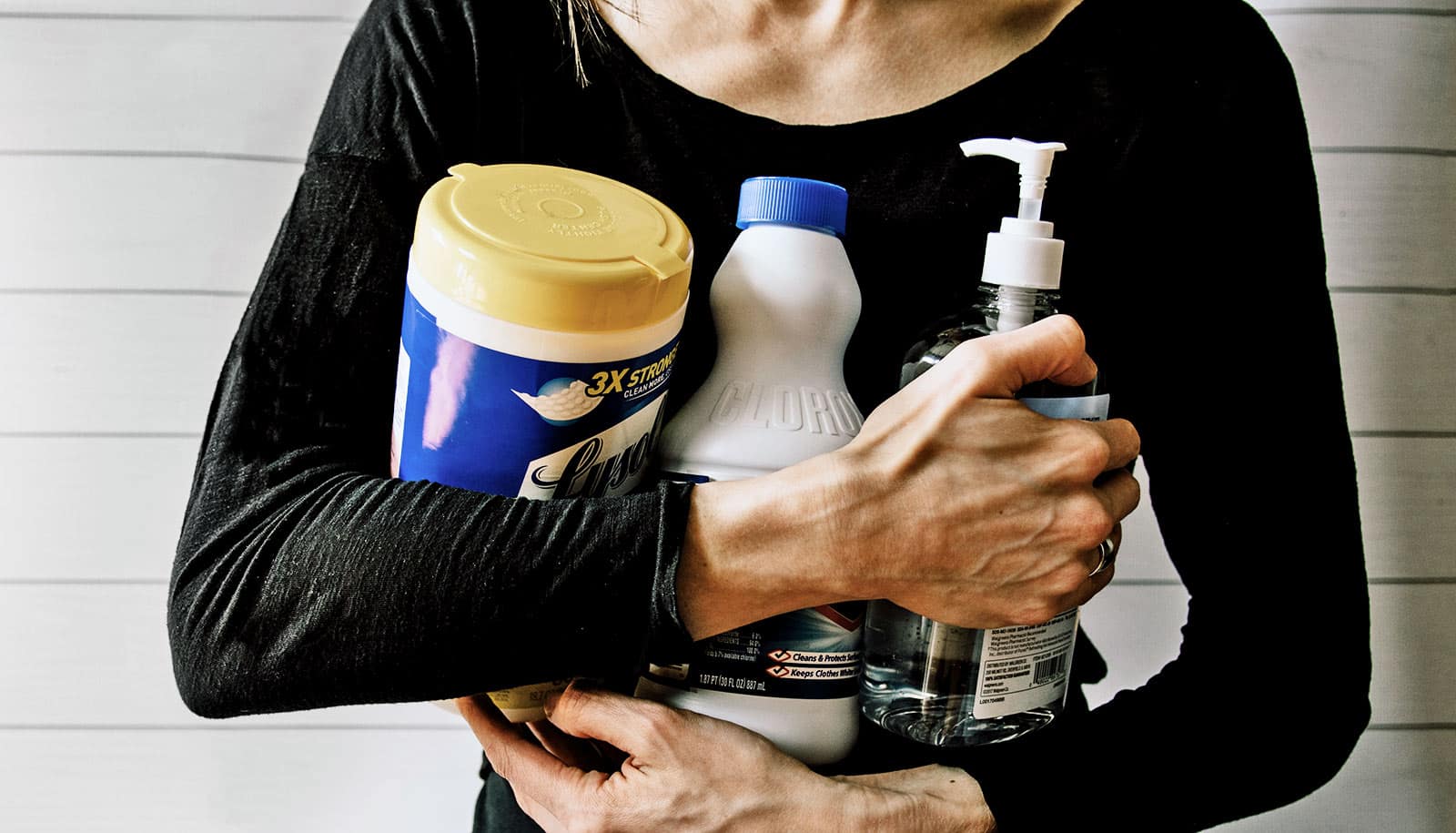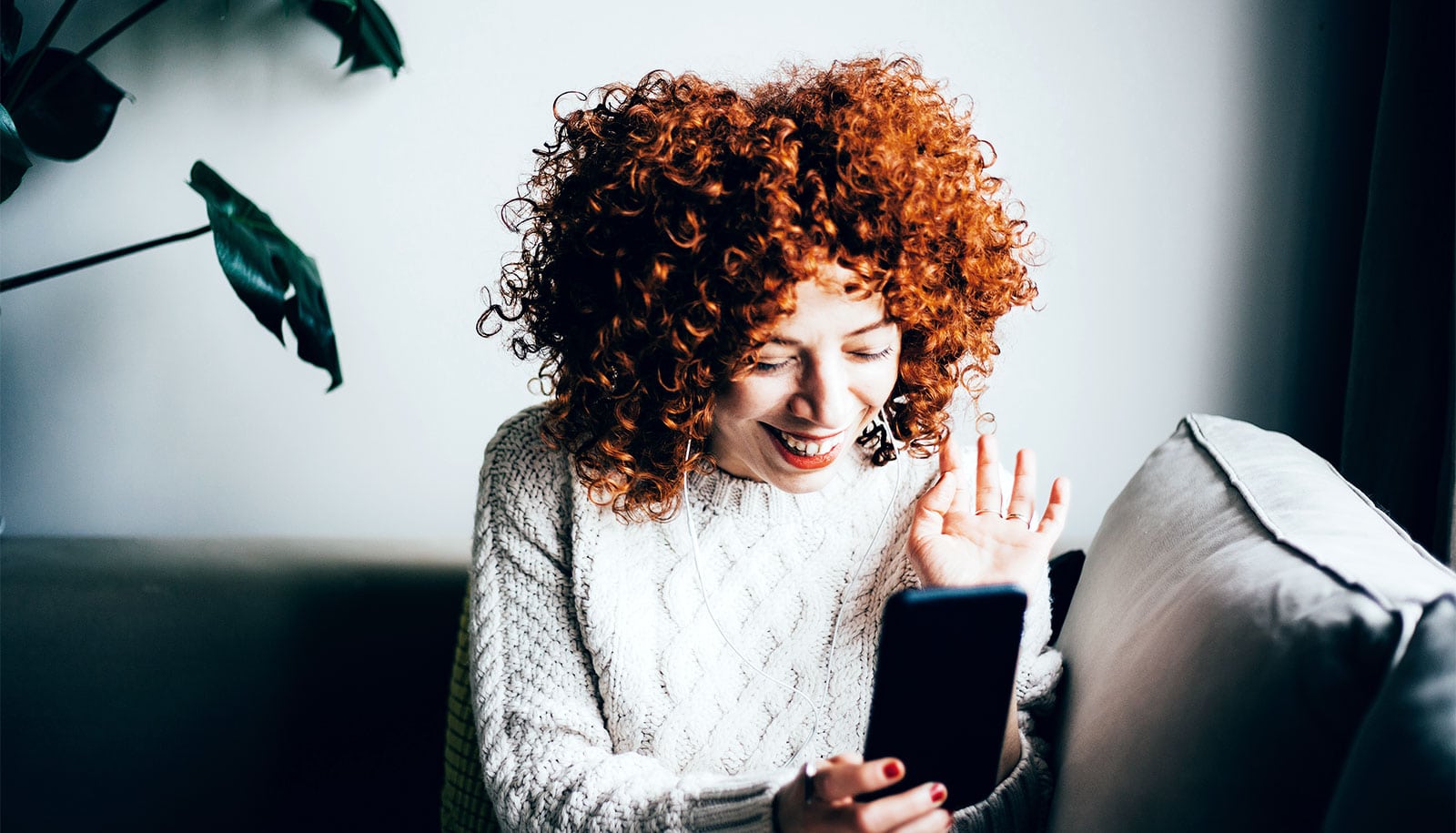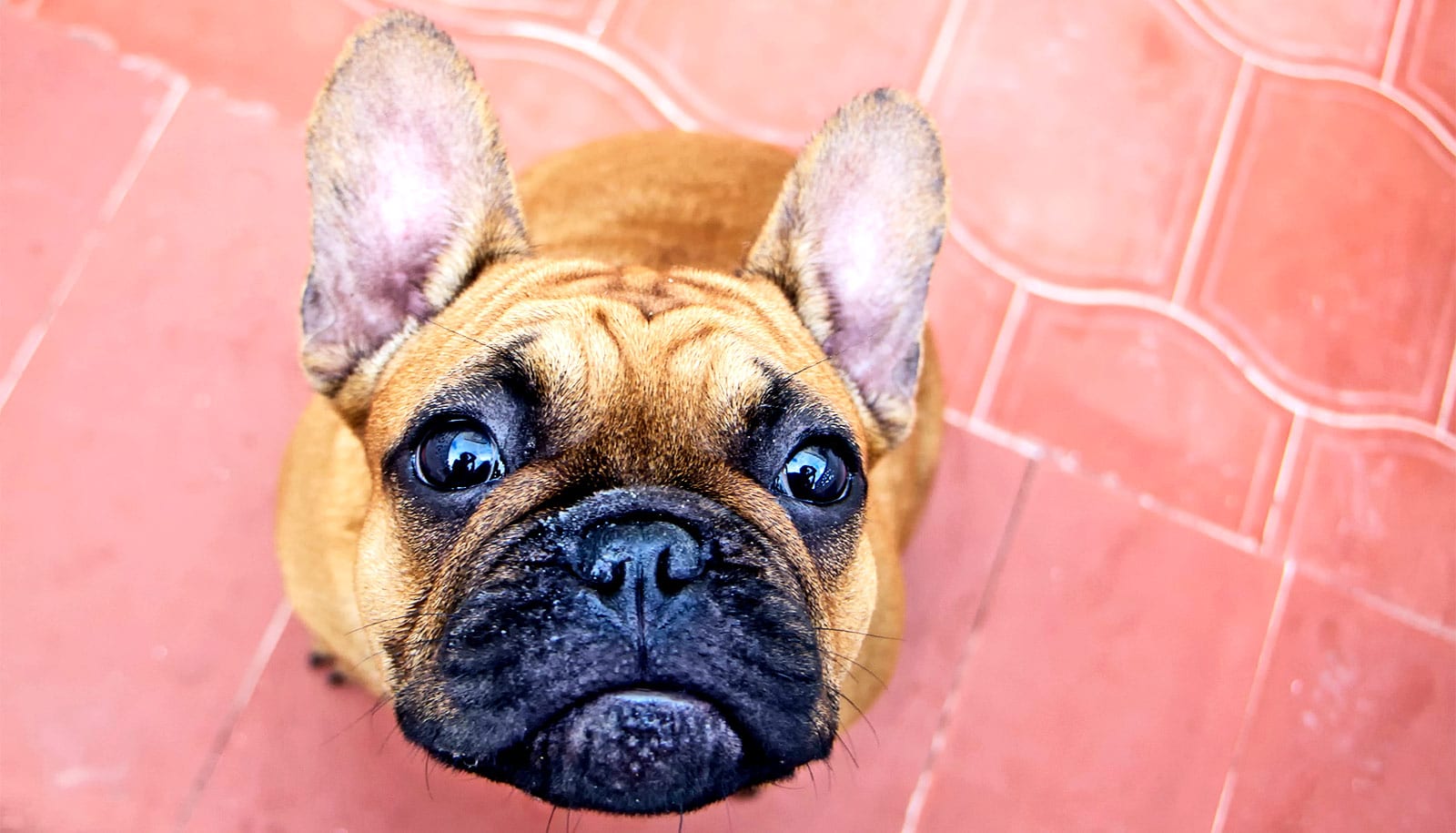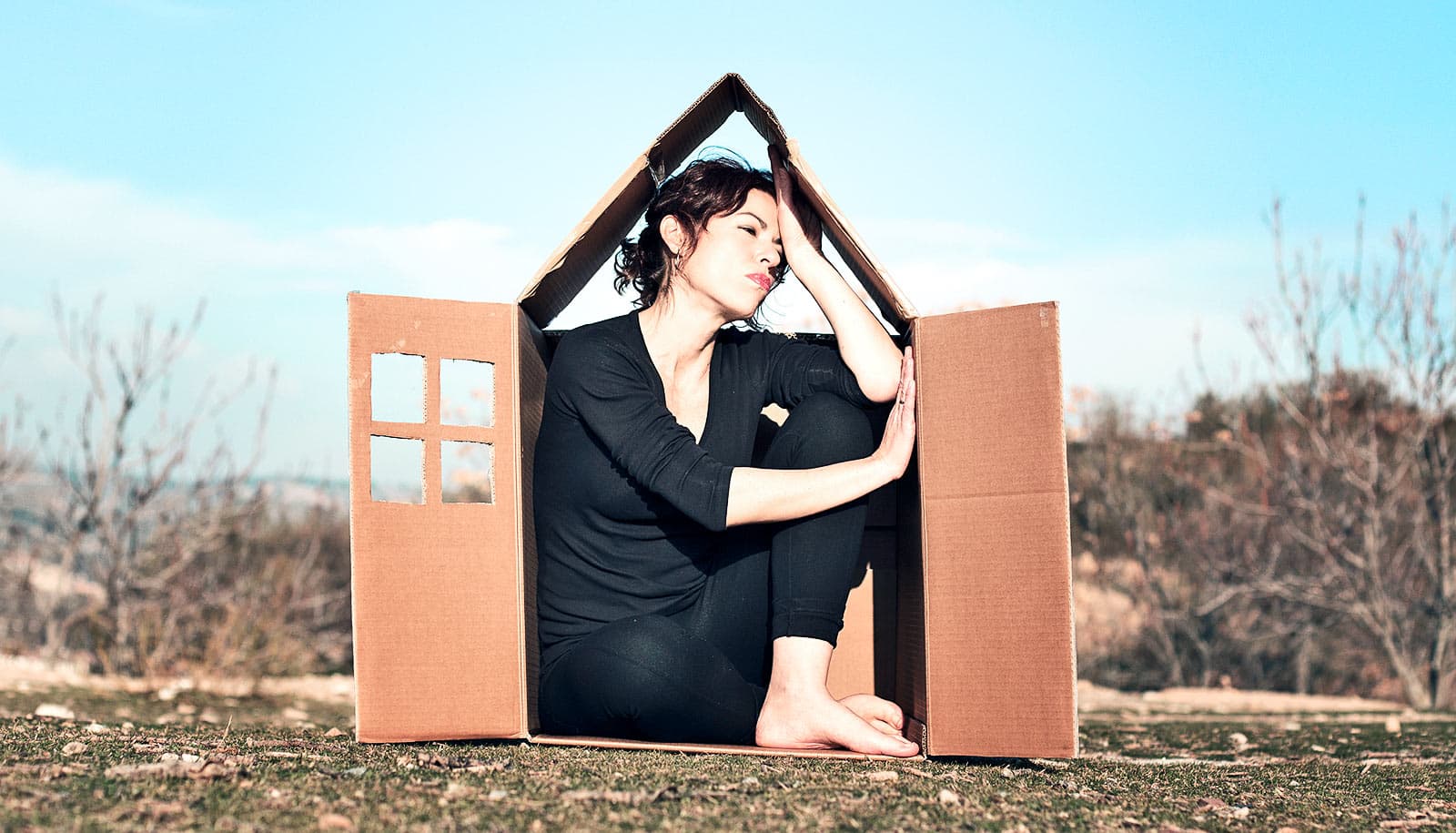When is anxiety useful, and when is it destructive? And what about COVID-19 anxiety?
Sonia Bishop, associate professor of psychology and cognitive neuroscience at the University of California, Berkeley, has studied anxiety and how it affects decision-making.
Among other discoveries, Bishop’s research has found that anxious people make worse decisions amid uncertainty, that certain weaknesses in the brain’s wiring are linked to anxiety, and that doing crossword puzzles and other brain-sharpening activities helps reduce anxiety.
Here, Bishop talks about how to manage anxiety amid the unprecedented COVID-19 pandemic and achieve a measure of peace and quality of life in the coming weeks and months:
What use is anxiety in today’s world?
Fear and anxiety helped our early ancestors survive very real threats. Today, our fear response helps us act quickly in the face of modern dangers, like freezing in place instead of stepping into the path of an oncoming speeding car. In the case of this COVID-19 pandemic, our anxiety motivates us to run through different courses of action and identify the best options available to us. This process of simulation can result in successful future planning, but also in chronic worry, which can be exhausting, distressing, and debilitating.
Responses to this pandemic range from denial to partying to catastrophizing. What’s a reasonable middle ground?
If I told you the person next to you at a bar had a 1 in 10,000 chance of having Covid-19, you might respond very differently than if I said the risk was 1 in 1,000, 1 in 100, or even 1 in 10. At the moment, we don’t know how to respond, because the probability of exposure to the virus is rapidly changing.
In times of uncertainty, our personality traits have a big influence on how we react based on our assumptions about the world and our level of “optimism bias.” Research by psychologists Ronnie Janoff-Bulman and Neil Weinstein shows that, to get through life, many of us use subconscious, self-protective assumptions—for example, that the world is a good, safe place and that bad things happen to other people, not to me. When the probabilities of danger are very low, for example, such as dying in a plane crash, these assumptions protect us from worry.
However, with this pandemic, optimism bias can lead us to ignore guidance on social distancing and possibly get ill or pass on the virus to a loved one and unknowingly add to the spread of the virus and, sadly, deaths. This is a particular risk for young people who might have few, if any, symptoms and are especially likely to feel invulnerable.
Meanwhile, people who have experienced and adapted to bad things happening may adopt the subconscious assumption that taking certain actions can prevent bad things from happening. This may explain the panic buying and even an uptick in gun purchases. People are trying to gain a sense of control over the situation that will make them feel safe. Hopefully, if people realize this, they may be able to stop and ask themselves, “Do I really need a gun?” or, more mundanely, “Can I leave that extra package of toilet paper for someone else?”
How should we characterize this pandemic and its dangers to children?
Research suggests that children may possess the most extreme models of the world as being a safe, controllable place. Those models are reinforced by adults who try to shield them from the worst of the world. If children’s models of the world as a safe place are suddenly shaken, they may suffer anxiety or stress reactions. Hence, with COVID-19, we need to help them adjust gently. Maybe we can tell them we are staying at home more because there is a new bug that can make old people quite sick, so we don’t want to risk spreading it to them. It also helps to give them age-appropriate answers and reassurance. For example, you can tell them that children don’t seem to get very sick from it.
What’s the best way to stop catastrophizing?
In terms of the big picture, remember that within the last 100 years we have survived world wars and rapidly rebuilt society. Already, governments are busy putting in place measures to help people financially. Hopefully, those who can will give generously to charities for the less fortunate. From day to day, try to stay as positive as you can. Spend time with loved ones, have long chats on the phone with older relatives. When I lost my dad a few years ago, I appreciated how much time we had spent together in the year before his death. While challenging to the max, the current situation gives us the opportunity to spend more quality time in person, or by phone or video, with those we care about.
So, what can we do to channel our anxiety in productive ways?
When we are empathic and think of others, we often find we stop worrying about ourselves. I cannot emphasize enough how much we need to be altruistic at this time and think of those vulnerable in our society. First and foremost, please follow any social distancing advisories released in your area and make a special effort to reach out to those living alone, especially those who suffer from depression and anxiety. Keep reaching out, not just for the first couple of weeks. Also look out for the signs or symptoms of depression in yourself and others.
The next most important thing is to make concrete plans about how to get through the following weeks and months instead of letting one’s mind wander around all the possible things that might happen. Here are some ways to control anxiety while under stay-at-home orders in the coming weeks or months:
- Stock up on medical and food supplies in a calm, measured way without panic buying and hoarding.
- Think about what you enjoy doing around the home, such as gardening, and carve out time for those activities. Take a relaxing bath if you have a tub.
- If you have children, play or read with them and arrange online play dates. Watch out for signs of stress.
- Stay in regular touch with family and friends through your digital devices and/or social media channels.
- Take breaks from electronics and play board games, cards, or other games with your household members.
- Limit how often you watch the news.
- Make sleep, a healthy diet, and exercise a priority.
Source: UC Berkeley



